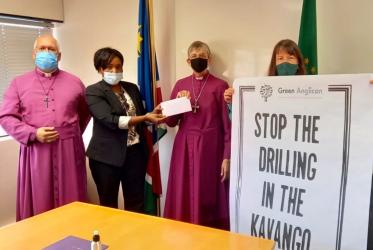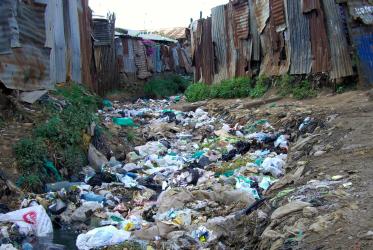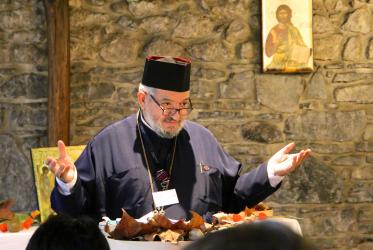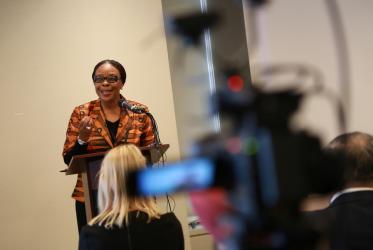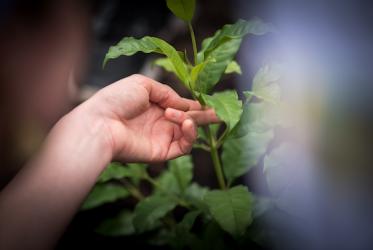Displaying 21 - 40 of 135
27 October 2021
Climate crisis fuels existing water injustice
27 October 2021
South Sudanese Churches shelter populations displaced by floods
23 September 2021
On World Toilet Day, sanitation is “an issue of justice”
16 November 2020
Churches should use their voice on climate change
26 February 2020
CCIA meets in Brisbane with focus on Pacific regional priorities
19 February 2020
Church of South India eco-ministry featured on UNESCO website
17 February 2020
Church response to Australian bushfires hinges on preparation
07 January 2020
New WCC “Eco Ambassadors” pledge to protect our ecology
06 January 2020
Eco-School promotes blue communities, green churches
19 November 2019
WCC Eco-School begins in Thailand
07 November 2019



